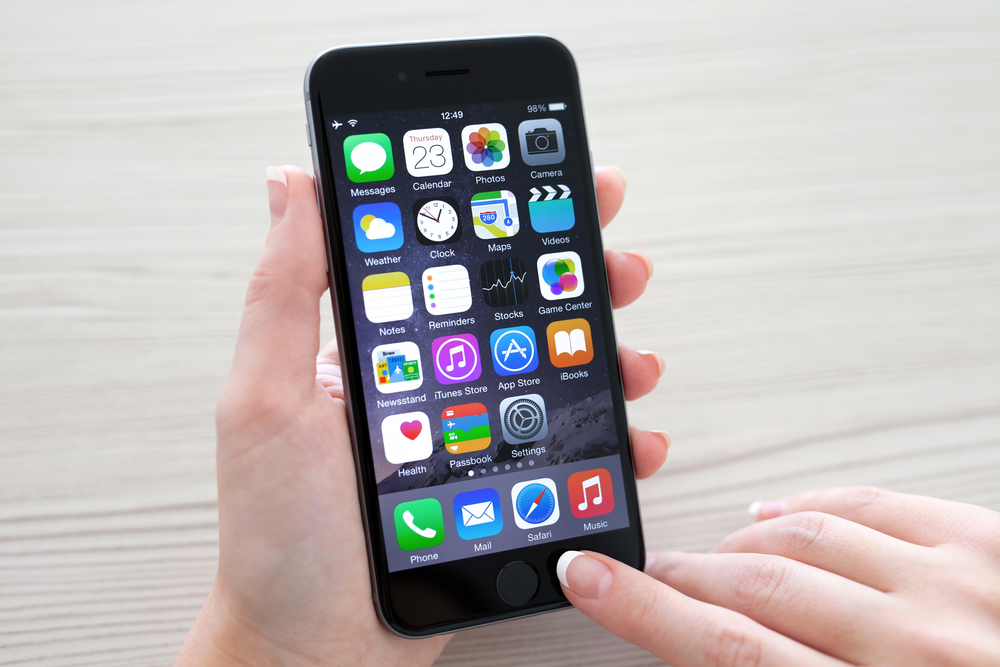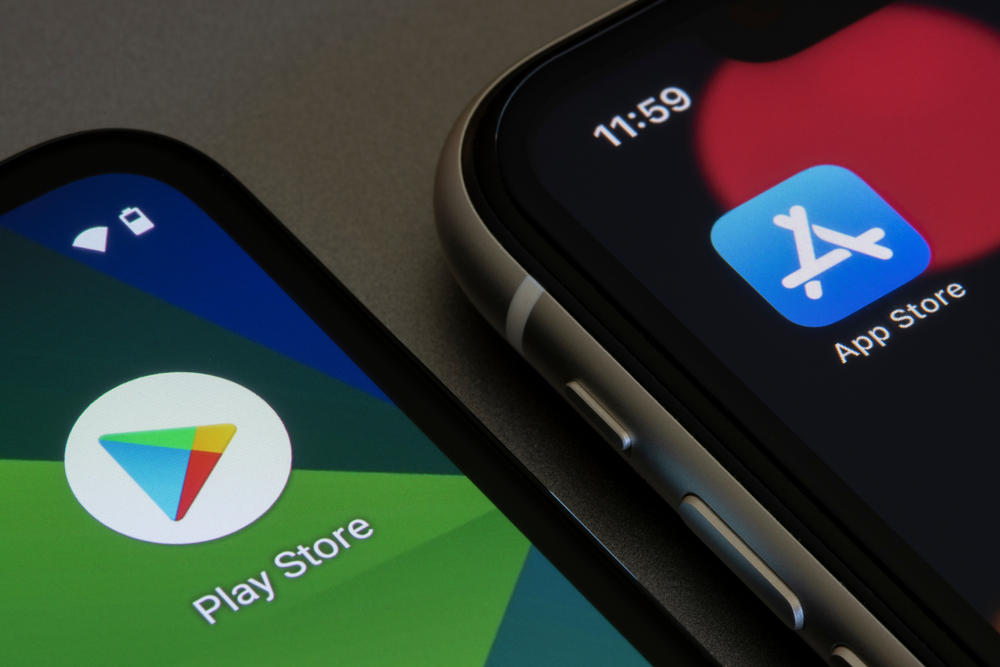
Mastering Mobile App Marketing: Top Tips for Successful Promotion

With the increasing number of mobile Android or iOS app s being developed every day, the competition to stand out in the market has become more fierce than ever. Launching a mobile App Store or Google Play app is just the first step in a long journey towards success. To truly make your app thrive, you need to master the art of mobile iOS or Android app marketing. In this article, we will outline some top tips to help you successfully promote your mobile Google Play or App Store app and ensure its wide reach in this highly competitive landscape.
1. Understand Your Target Audience
Before diving into any marketing activities, it is crucial to have a clear understanding of your target audience. Identify who your app is designed for and what problem it solves for them. Conduct thorough market research to gather insights about your potential users, their preferences, and the platforms they frequent. This information will serve as the foundation for all your marketing efforts, enabling you to craft the right messages and choose the most effective platforms to reach your audience.
2. Optimize for App Store Search
App store optimization (ASO) is the process of improving the visibility and discoverability of your mobile app in the app store search results. Just like search engine optimization (SEO) is crucial for websites, ASO is essential for your mobile app's success. Begin by researching and incorporating relevant keywords in your app's title, description, and metadata. Use captivating imagery and screenshots to entice potential users and provide a clear understanding of your app's features and benefits. Positive ratings and reviews also play a significant role in boosting your app's visibility, so encourage your users to leave feedback and reviews.
3. Leverage Social Media
Social media platforms have become a powerful marketing tool for promoting mobile apps. Find out which platforms your target audience is most active on and create engaging content that resonates with them. Use eye-catching visuals and compelling captions to capture their attention. Consider running paid social media ads to reach a wider audience. Collaborate with influencers or relevant communities to amplify your app's reach and generate buzz. Encourage your users to share their experiences with your app on their social media profiles, as user-generated content can significantly impact potential users' decisions.
4. Create a Website or Landing Page
While the primary focus may be on the mobile app, having a dedicated website or landing page can greatly aid in its promotion. A website serves as a central hub of information and provides a platform to showcase your app's features, benefits, and success stories. It allows potential users to learn more about your app before downloading. Optimize your website for search engines by incorporating relevant keywords and providing valuable content. Include clear call-to-action buttons and links to download your app across various platforms.
5. Implement App Install Campaigns
App install campaigns are a popular marketing strategy to drive downloads and installations of your mobile app. Leverage search ads and display ads on platforms like Google AdWords, Bing Ads, or social media channels to reach a wider audience. Set specific goals and budgets for your campaigns, and constantly monitor and optimize them for maximum results. Utilize tracking tools to measure the success of your campaigns and gain valuable insights into user behavior and engagement levels. A/B testing various campaign elements will help you find the perfect combination for attracting and converting potential users.
Frequently Asked Questions (FAQs)
Q1: How can I effectively market my mobile app on a limited budget?
A1: Marketing on a limited budget requires creativity and strategic planning. Focus on leveraging organic channels such as social media, content marketing, and app store optimization. Utilize your existing user base to spread the word by providing incentives for referrals. Collaborate with relevant influencers or communities to amplify your reach. Consider running targeted, cost-effective ads on platforms with high user engagement, such as Facebook Ads or Twitter Ads.
Q2: Is it necessary to have a separate marketing strategy for iOS and Android apps?
A2: While the core principles of marketing remain the same, there may be platform-specific factors to consider. Each operating system has its unique user base and app store guidelines. Tailoring your app's messaging and visuals to meet the expectations of iOS and Android users can help improve your conversion rates. Additionally, certain advertising platforms may provide more targeting options for one platform over the other, allowing you to optimize your campaigns accordingly.
Q3: How important are app store ratings and reviews?
A3: App store ratings and reviews play a crucial role in app discovery and user trust. Positive ratings and reviews not only enhance your app's visibility in search results but also serve as social proof, informing potential users about the app's quality and user satisfaction. Encourage your satisfied users to leave reviews and respond promptly to any negative feedback to maintain a positive brand image.
Q4: Should I localize my app's marketing materials for different regions?
A4: If you are targeting users in different regions, localizing your app's marketing materials can greatly enhance your chances of success. Localized content and language ensure that your app resonates with the culture and preferences of the target audience. This allows you to effectively address their specific needs and preferences, leading to higher user engagement and conversions.
Q5: How can I measure the success of my mobile app marketing efforts?
A5: Measuring the success of your mobile app marketing efforts requires the use of analytics tools and tracking mechanisms. Set specific key performance indicators (KPIs) that align with your marketing goals, such as app downloads, user engagement, retention rates, or in-app purchases. Utilize tools like Google Analytics, Firebase, or third-party attribution platforms to track and analyze user behavior, conversions, and campaign performance. Regularly evaluate these metrics to identify areas for improvement and optimize your marketing strategies.
By following these top tips for mobile app marketing, you can significantly improve your app's visibility, attract the right audience, and increase the chances of success in the highly competitive app market. Remember, a well-planned marketing strategy combined with continuous monitoring and optimization is key to mastering the art of mobile app promotion.
Other useful resources
- https://en.wikipedia.org/wiki/Mobile_app
- https://en.wikipedia.org/wiki/App_store_optimization